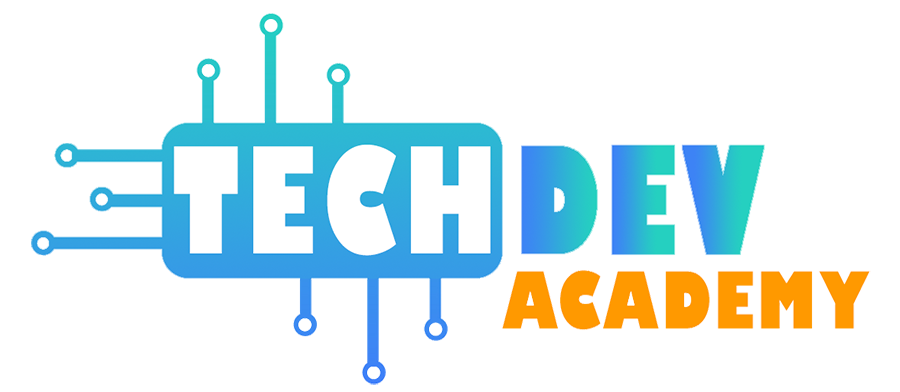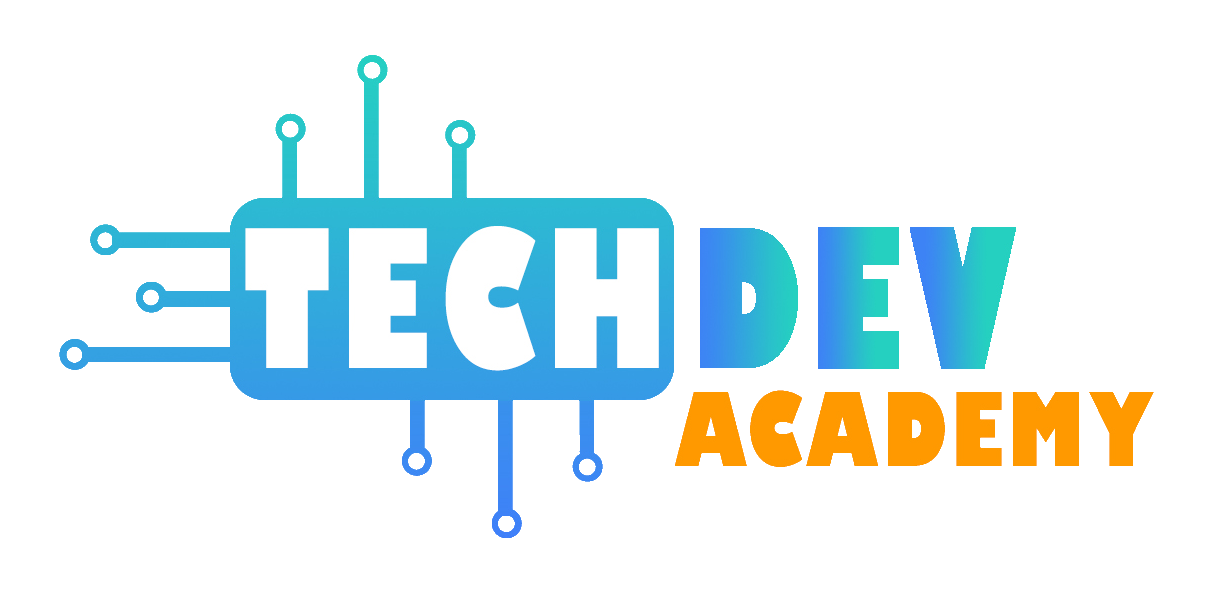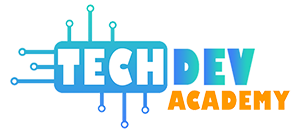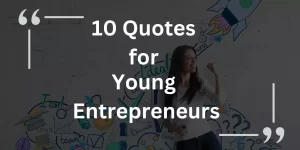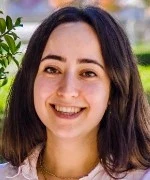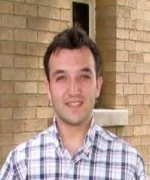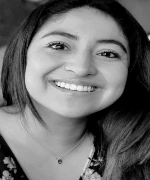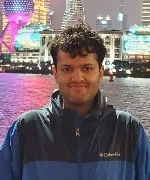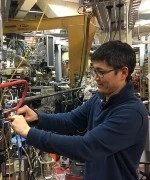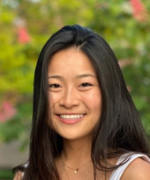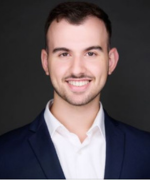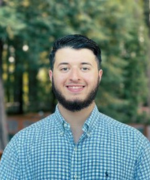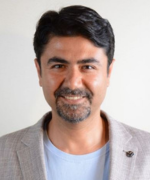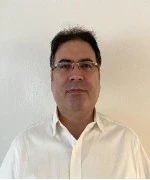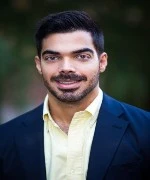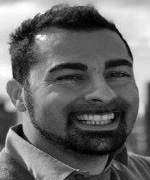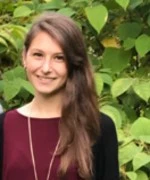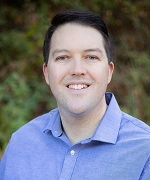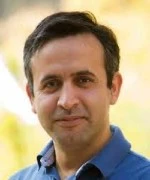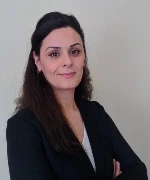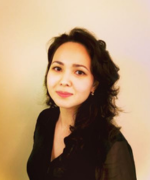

Tips for Parents of College-Bound Students
Transitioning from high school to college is an important turning point in a student’s life. This isn’t just the shift of the academic environment but also involves the evolution of teenagers into young adults who are yet to explore the challenging world of higher education independently. This period of life is also critical for parents of college-bound students.
In the college phase, a student undergoes immense personal growth and encounters new challenges and opportunities. These experiences shape their identity, values, and career paths. While the students are the lead sailors of their high school voyage, their parents also have a crucial role to play in this regard.
Parents serve as students’ guides and pillars of support. How they guide and emotionally support their child significantly impacts its journey and outcomes. If you’re a parent, it is necessary to be equipped with the right knowledge and know the right strategies in which you can help your kids. So follow us through this blog post where we uncover some essential tips for parents of college-bound students.

Emphasize the Importance of Support
As parents of college-bound students, it’s essential to strike the right balance between being actively involved in your child’s future and respecting their autonomy. Emphasizing the critical element of support is a way to maintain this balance.
Your support should be a safety net of guidance and assurance. It can be as simple as affirming their choices, endorsing their ability to make decisions, and listening to their concerns empathetically.
When it comes to college applications, let them take the reins. Allow them to write their application essay, fill out their forms, and track their deadlines. It’ll give them a sense of responsibility and ownership. Yes, it’s tempting to inject your advice or perspective into their applications but keep in mind that this process is an important step in their self-discovery and growth.
By taking these small steps, you can contribute to their development, communicate your confidence and trust in them, and empower them to make their own decisions.
Promote Autonomy
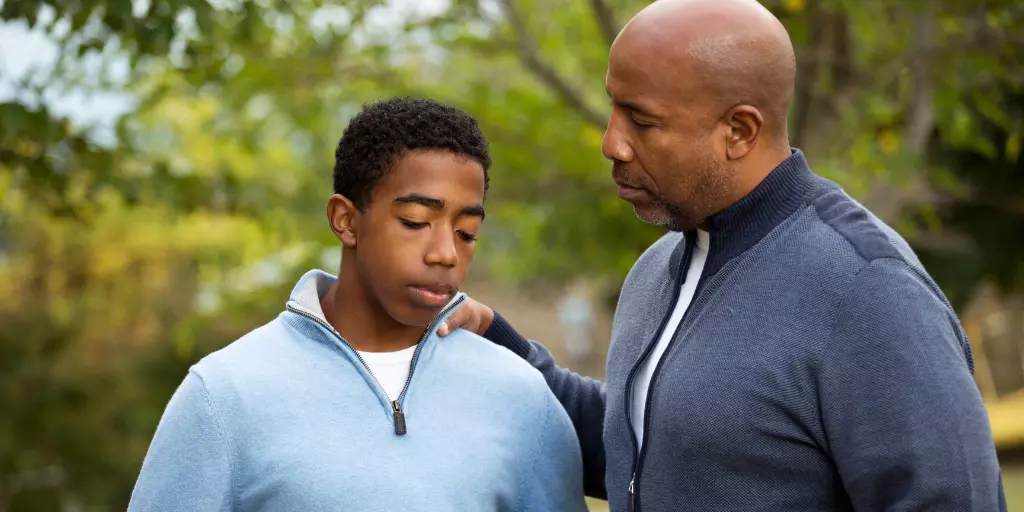

Allowing students to deal with their tasks and issues is critical for promoting autonomy. It is important not only for their academics but also for decision-making in every aspect of their life. Managing time, maintaining social circles, and dealing with failures and setbacks, all become much easier for them when they have a sense of autonomy.
When students turn to college age, shift your role from directing their life from the front to supporting it from the back. Let your child be in the driver’s seat of their life while you serve as the guiding force. You should be there to guide them if they take the wrong steps, but promoting their autonomy is also highly valuable for their future.
Help Them Identify Their Dreams
One of the most empowering gifts you can give to your child is the freedom to identify and pursue their own dreams. Instead of pressuring them to take a certain career path, encourage them to explore their interests, passions, and strengths. Encourage them to openly talk to you about their ambitions. Discuss potential career paths, brainstorm options together, or simply listen to their thought process.
However, keep in mind that these are their dreams, not yours. This is one of the most common mistakes that parents of college-bound students tend to make. Be careful that you do not unintentionally project your unfulfilled dreams onto your children. Remind yourself that their academic path needs to align with their individual passions and talents.
Helping your children identify and pursue their own dreams boosts their motivation and they become more interested in the college planning process. It also increases the likelihood of satisfaction and success in their college experience and career afterward.

Facilitate College Search
Choosing the right college is a vital decision and it hinges on a thorough understanding of what different colleges offer to the students. Although the student should take the lead in this case too, parents can significantly aid the research process.
Create a list of potential institutions that match the students’ goals and aspirations. Instead of choosing a college just for its status, pay close attention to the compatibility of the student with your child’s needs. The college you choose should offer the programs your child is interested in, have a conducive environment for personal growth and provide opportunities for long-term objectives.
You should also set some parameters for college selection. Be candid about any restrictions such as financial constraints, location preferences, safety concerns, etc. Clearly outlining these parameters early on will help you avoid disappointment in the future.
Once these parameters are finalized, you should let your child do the rest of the process whether it be visiting colleges, attending interviews, or making the final decision. But make sure to back them up whenever they need any help.
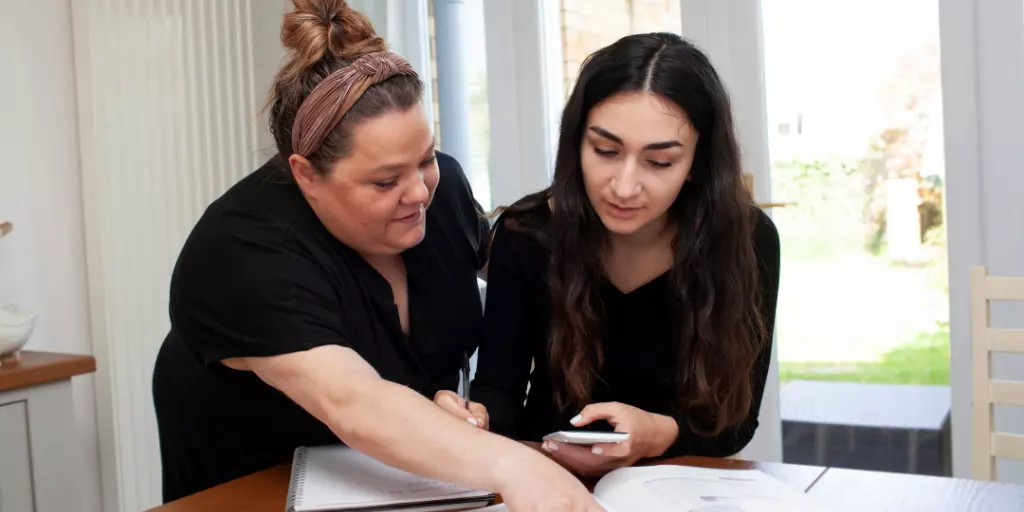
Take a Balanced and Authentic Approach
Over-coaching your child during the college application process can have negative consequences as universities immensely value authenticity. If you over-coach your children, they might end up having a college application lacking in originality and personal touch. Keep in mind that a genuine portrayal of your child’s qualities and experiences is what makes them stand out among the pool of applicants.
Help your child maintain a healthy balance in life and it’s also of importance to the admission officers. Universities look for students who excel in academics as well as extracurricular activities and value leisure time.
College application isn’t a race to be rushed. Encourage your child to take the time they need to reflect on their goals, do thorough research, and thoughtfully prepare their application.
If you feel uncomfortable with this process, TechDev Academy offers highly valuable programs just for you! Our Elite College-Prep program prepares your child for college and guides them through this journey for an academic year.
The Bottom Line
Entering college is a critical transition that brings about mixed emotions of both excitement and apprehension. As a parent, you can help your college-bound children easily go through their college life by supporting them emotionally, endorsing their autonomy, helping them research the right, and adopting a balanced approach during the process.
Your support not only guides them through the college application process but also prepares them for lifelong learning and independence. Keeping in mind the above tips for college-bound parents, now you know better how to treat your teenagers who are at the gate of college. College-bound parenting is not easy, but with accurate knowledge and the right mentality, you can really help your children.
